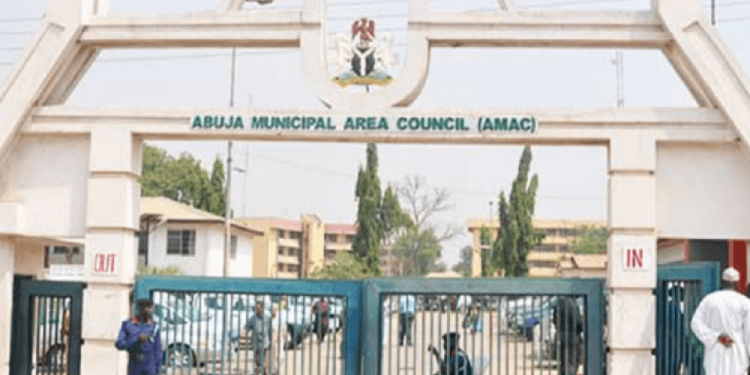The Abuja Municipal Area Council (AMAC) in the Federal Capital Territory has issued a demand notice to businesses within its jurisdiction, requiring them to pay a N40,000 community levy for the year 2024. The notice warned that non-compliance would result in the sealing off of business premises.
The demand notice, dated August 19, 2024, has sparked outrage among business owners. Aisha Shuaibu, a business owner who has operated in the area for nearly nine years, took to X (formerly Twitter) to express her frustration. She claimed that such a demand had never been made before and accused the council of creating arbitrary fees to “aggressively tax and inconvenience small businesses.”
“Another day, another demand notice from AMAC to pay for something I’ve never heard of in my nearly nine years of operating my business. At this point, they are just inventing random bills to aggressively tax and inconvenience small businesses,” Shuaibu wrote. She called on the leadership of AMAC, including the Executive Chairman and members of the Senate and House of Representatives, to intervene.
The letter, which was shared by Shuaibu, cited legal provisions under Section 7 and the Fourth Schedule of the Nigerian Constitution, as well as other relevant laws governing local governments in Nigeria and the FCT. The notice instructed businesses to pay the fee to a specified account and warned that late payments would attract a fine. It also stated that failure to comply without a valid reason could lead to the confiscation of valuable items or the sealing off of the business premises.
“Failure to pay this fee will result in the confiscation of any valuable items, or possible seal-off of the premises, or both, by the Relevant Laws. Also, note that the Council has constituted special Mobile Courts on Revenue Issues for speedy trial of defaulters,” the letter read.
Attempts to reach AMAC’s spokesperson, Kingsley Madaki, for clarification were unsuccessful, as his phone number was not reachable.
The demand has raised concerns among small business owners in Abuja, who fear that such levies could further burden their operations.










